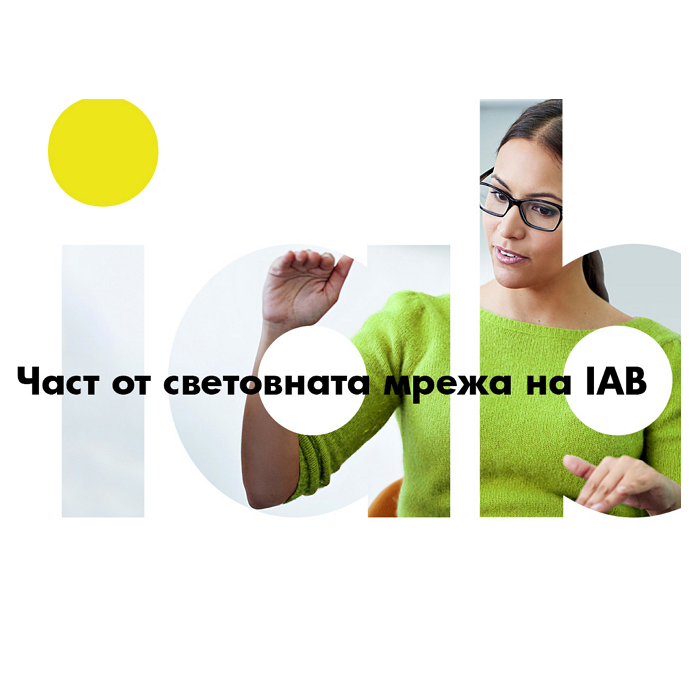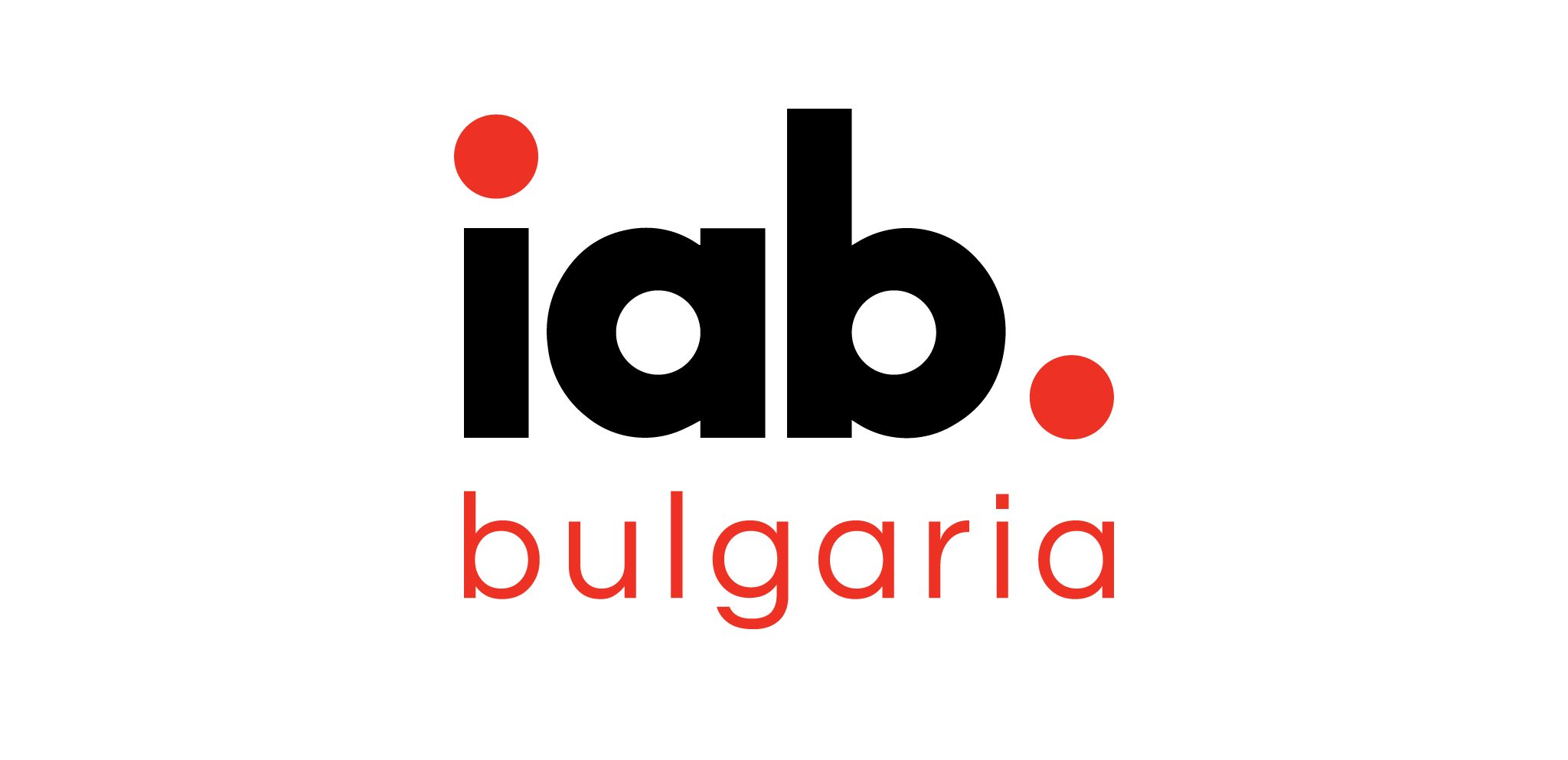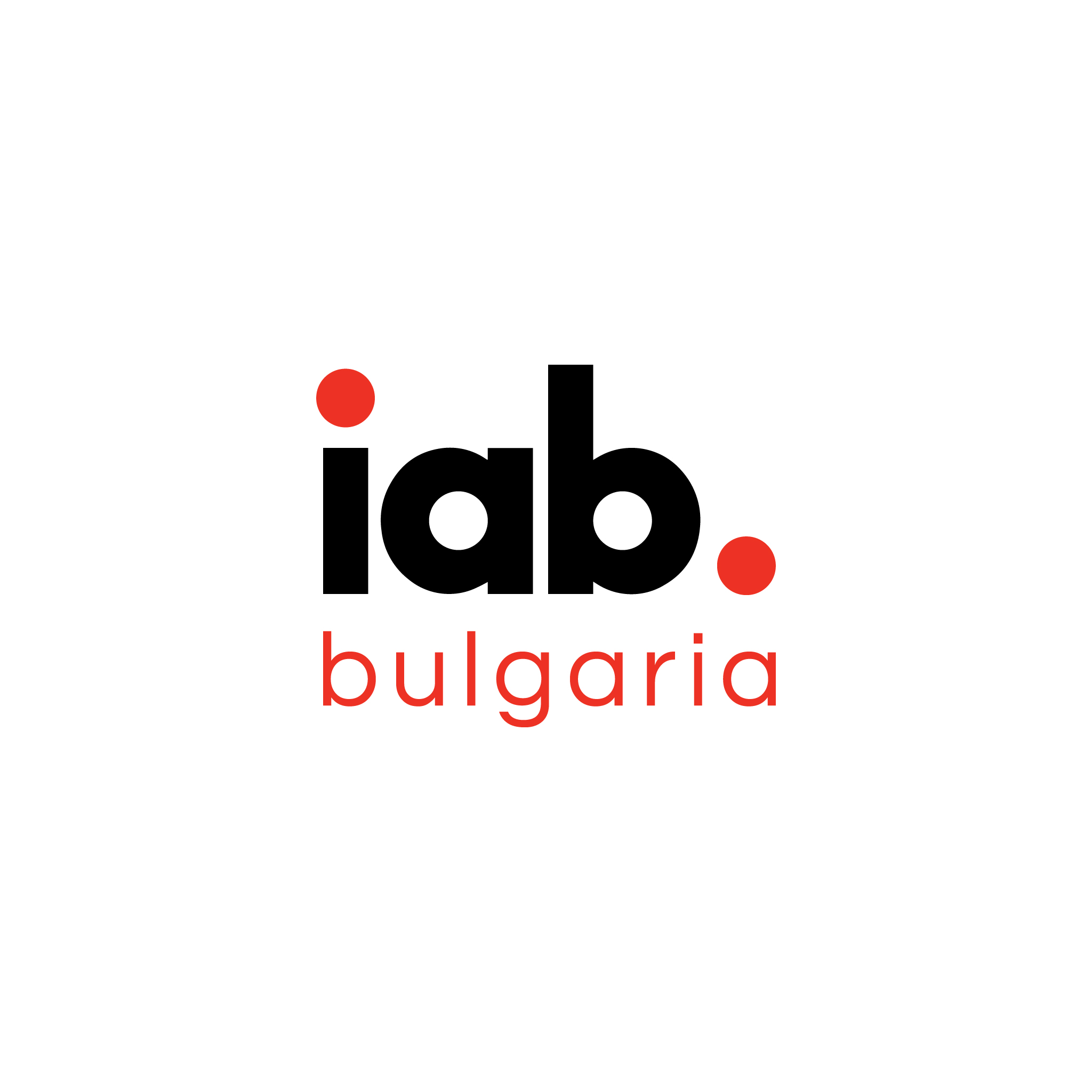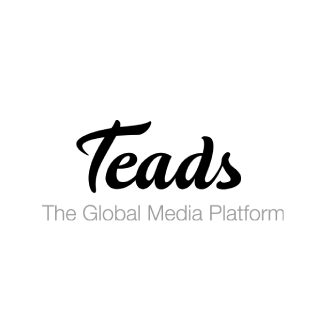IAB Bulgaria is an association that has been protecting the interests of the digital business in the Republic of Bulgaria since its foundation in 2009, and brings together most of the largest Bulgarian companies involved in the digital sector. In this regard, the Association expresses its concern about the draft Directive on copyright in the digital single market, which will be voted on in the European Parliament on 12.09.2018.
The purpose of the proposed Directive on copyright in the digital single market (“the Directive”) is to strike a fair balance between the rights and interests of authors and publishers in the press, on the one hand, and consumers, on the other. According to IAB Bulgaria, the proposed version of the Directive will have negative effects both on the digital business in the Republic of Bulgaria and on start-up companies, research companies and all end users and creators of online content. Our point of view is that the Directive contains vague provisions that could harm the legitimate rights and interests of both content and service providers to information society and end users of that content – the consumers.
IAB Bulgaria is aware that a number of companies operating as publishers of press publications (Publishers) face difficulties due to the rapid pace of development of the digital market at European and global level, which is a cause of financial loss, otherwise needed to create journalistic works. However, we do not share the view of the petitioners of the proposal that the way to deal with this problem is to create additional rights in the publishers’ favor, as this will break the fragile balance between copyright on the one hand, and the right to information on the other. We believe that this negative effect is very likely to be achieved if the current proposal for the directive is adopted.
Our concerns are mainly related to the provisions of Art. 11 and Art. 13 of the Directive. According to Art. 11, which refers to Art. 2 and Art. 3, para. 2 of Directive 2001/29 / EC of the European Parliament and of the Council of 22 May 2001, the publication rights are regulated and the press publications in their digital use are protected, and the Member States grant publishers of publications in the press reproduction right and the right to publicly publish works and the right to make publicly available other protected sites. According to the rules to which that provision refers, publishers of press publications have the exclusive right to authorize or prohibit, directly or indirectly, temporarily or permanently, the reproduction in any way and in any form, in whole or in part, of their works, and to make them publicly available by wire or wireless means that everyone has access to them from a location and at a time independently selected by them.
The rights provisioned in Art. 11 of the proposal for the directive are intended to extinguish 20 years after the work publication in the press. If, despite all the remarks, it comes to the adoption of the said Art. 11, we insist on replacing that deadline with a more reasonable one, noting that the subject matter of these rights is articles and news, and it is unacceptable for us to introduce such an unjustifiably long term. Although the Directive does not explicitly refer to actions such as creating hyperlinks, which seems to be supported by the conclusions of recital 33, IAB Bulgaria insists on explicit reference to Art. 11 that no provision of the Directive should be construed as restricting the creation of hyperlinks (links) to copyrighted sites under the Directive. Without this clarification, we believe that it is subject to copyright under the Directive. Without this clarification, we believe that there is a risk of interpreting the provisions in the sense that it endangers the right of citizens to be informed, as it restricts their possibilities to be informed.
In addition to the abovesaid and for the sake of completeness, we remind of the unsuccessful attempts to create additional digital copyright remedies undertaken in the Kingdom of Spain and the Federal Republic of Germany, whose analysis concludes that such changes prove harmful to the small “publishers’, especially locally, due to the fact that they do not have sufficient financial resources to cover all the news and often have to use materials of other media. A possible licensing requirement would have a negative impact on the financial perspective of small publishers and would make them face financial challenges.






